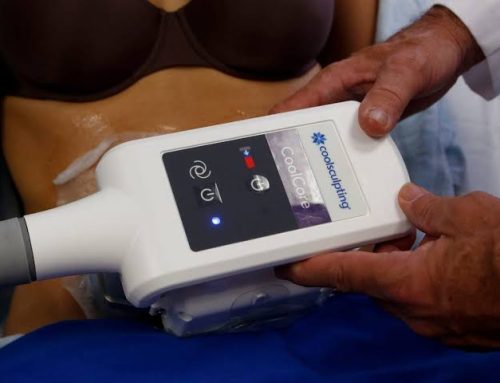Introduction
Plastic surgery has gained immense popularity in recent years as people increasingly seek to enhance their physical appearance and, in some cases, improve their mental well-being. This elective medical procedure can offer transformative benefits, addressing various aspects of an individual’s life. While the motivations for undergoing plastic surgery are diverse, there are common reasons that drive people to seek these interventions. This article explores the motivations behind why people choose plastic surgery, examining how it can improve both physical and mental health.

What can plastic surgery do?
Examples of Plastic Surgery and Their Impact:
- Enhancing Self-Confidence: A significant reason why individuals opt for plastic surgery is to feel better about themselves. Many people struggle with self-esteem issues related to their appearance. Procedures like breast augmentation, liposuction, and tummy tucks can help individuals achieve the body they desire, leading to increased self-confidence and an improved self-image. This can have a profound impact on their overall mental health.
- Improving Appearance: People often seek plastic surgery to enhance their physical appearance. This can involve various procedures, such as rhinoplasty (nose job), facelifts, and eyelid surgery, to achieve a more youthful, symmetrical, or aesthetically pleasing look. By making these alterations, individuals can gain a sense of empowerment and self-satisfaction, which can positively impact their mental health.
- Correcting Physical Imperfections: Plastic surgery is frequently chosen to correct physical imperfections. This may include addressing birthmarks, scars, or deformities that can be a source of distress. The restoration of a perceived physical flaw can provide significant emotional relief and contribute to an improved sense of well-being.
- Boosting Confidence: Plastic surgery can boost confidence by aligning an individual’s appearance with their desired aesthetic. Procedures like lip fillers, cheek augmentation, and chin implants can help create a more symmetrical and harmonious facial structure, leading to enhanced self-assurance and self-esteem.
- Conforming to Societal Standards: In today’s image-focused world, societal standards of beauty can influence people’s perceptions of themselves. Media representations of “perfect” individuals can create feelings of inadequacy. As a result, some individuals turn to plastic surgery to help them achieve the appearance they believe is socially acceptable, subsequently alleviating psychological distress and promoting self-acceptance.
- Reversing Signs of Aging: Plastic surgery offers a means of combatting the effects of aging. Procedures like facelifts and Botox injections can reduce wrinkles and sagging skin, helping people look younger and rejuvenated. By regaining a sense of youthfulness, individuals can experience increased self-confidence and a more positive outlook on life.
How do plastic surgery affects mental health?
Plastic surgery has the potential to improve both physical and mental health in several ways:
- Enhanced Self-Image: Correcting perceived imperfections can lead to a more positive self-image, contributing to better mental health.
- Increased Confidence: Achieving the desired look often results in improved self-confidence and self-esteem.
- Emotional Well-Being: Addressing physical flaws or the effects of aging can alleviate emotional distress and boost overall well-being.
- Societal Acceptance: Conforming to societal beauty standards can help individuals feel more accepted and integrated into their communities.
- Aging Gracefully: Reversing signs of aging can promote a sense of vitality and positivity.

Conclusion
People opt for plastic surgery for a variety of reasons, all interconnected by the pursuit of physical and mental well-being. Plastic surgery can empower individuals to enhance their self-image, boost their confidence, and align their appearance with their desired aesthetic. While it is essential to consider the risks and benefits of these procedures, it is clear that when performed for the right reasons, plastic surgery can have a profoundly positive impact on both physical and mental health. It remains important for individuals to consult with qualified professionals to make informed decisions about their surgical choices and achieve the desired outcomes.
Disclaimer: The content on this blog is intended for general informational purposes only. It is not a substitute for professional medical advice, diagnosis, or treatment. Always consult qualified healthcare providers for personalized advice. Information regarding plastic surgery, dental treatment, hair transplant, and other medical procedures is educational and not a guarantee of results. We do not assume liability for actions taken based on blog content. Medical knowledge evolves; verify information and consult professionals. External links do not imply endorsement. By using this blog, you agree to these terms.










